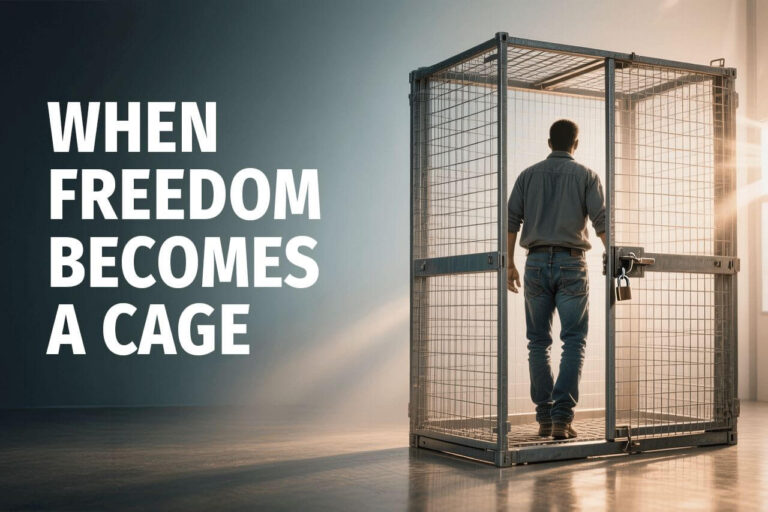I Don’t Wanna Grow Up, Part 1
At some point in our lives, I would expect all of us have been exposed to the story of Peter Pan, either through books, stage plays, or films like the 1991 movie Hook starring Robin Williams, Dustin Hoffman, and Julia Roberts. As you’ll remember, Peter Pan is a young boy who refuses to abandon the ways of a child and take on the responsibilities of adulthood.
While we might all long for the days of childhood from time to time, being stuck in childish ways doesn’t play out well in the world of commerce. While not as obvious as a young boy dancing around in green tights, business leaders engaged in Peter Pan behavior do exist.
A big part of growing up is becoming more self–aware in our personal and professional lives. We do this by understanding our strengths and weaknesses and recognizing how our behavior impacts the people around us. This doesn’t mean we have to stop having fun. Nothing is further from the truth! It means that if we’re serious about running our growing businesses we have to be serious about growing ourselves, and sometimes growing ourselves means letting go of the behaviors we had as children and might have gotten away with when our companies were smaller.
One of the more common Peter Pan behaviors I’ve noticed among entrepreneurs is bad–boy behavior. I’m sure you’ve seen what I’m talking about: the gun slinging, living on the edge, in–your–face swagger some entrepreneurs display while running their companies. While this conduct may have helped them survive on the middle school playground, it really gets in the way when trying to grow a business.
When we grow up playing the bad–boy role, it’s easy for that behavior to become part of our persona. As a result, we engage in activities that support this self-image both during and after work, which can seriously compromise our company’s success. As business owners, we live in fishbowls with people watching our every move. Customers base their purchasing decisions on the values of a company and how its senior management displays them. Employees base their employment decisions on the actions of company leaders. Bad-boy behavior does not encourage people to make employment decisions that fall in the favor of our businesses.
If we continue to act out bad–boy behavior in our businesses, we’ll continue to attract, or at least tolerate, bad–boy behavior from our people. As my mother used to say, birds of a feather flock together. It may not be intentional on either of our parts and may not be blatant, but it does show up. It’s reflected in people’s punctuality, in their safety on the job, in conversations with customers and each other, in their responsibility with money—in the million little things that either lead to or stand in the way of a company’s success. And changing this is within the reach of each of us.
Peter Pan behavior isn’t just about bad–boy behavior. It plays out in other ways, as I’ll explore in Part II of this series.



